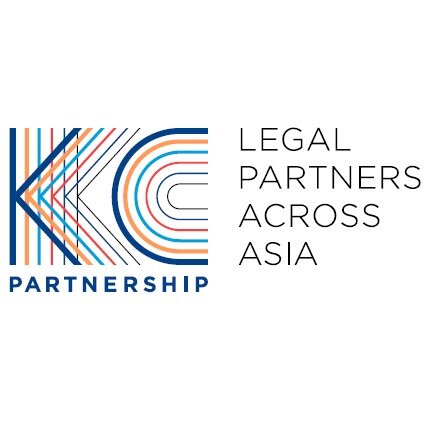Best Intellectual Property Lawyers in Harbourfront
Share your needs with us, get contacted by law firms.
Free. Takes 2 min.
List of the best lawyers in Harbourfront, Singapore
About Intellectual Property Law in Harbourfront, Singapore
Harbourfront, Singapore, recognises and maintains strict Intellectual Property (IP) laws, covering protections for patents, trademarks, copyrights, and designs. As a vibrant area known for its commercial and entertainment offerings, Protection of IP promotes creativity, innovation, and economic growth. The Intellectual Property Office of Singapore (IPOS) oversees IP regulations, adhering to international IP law standards.
Why You May Need a Lawyer
Specific situations when you may require an IP lawyer include applying for patents, dealing with alleged copyright infringements, trademark registration, negotiating or enforcing IP agreements, and deciphering complex IP law. Additionally, having experienced counsel will ultimately prove beneficial when traversing the often-complicated world of IP law.
Local Laws Overview
Singapore’s IP laws are robust and in-line with international standards. On a broad scale, these laws offer protection for creations of the mind, such as inventions, literary and artistic works, symbols, names, and images used in commerce. Critical components of Singapore's IP law most relevant to Harbourfront include the Copyright Act, which protects creative works, the Trade Marks Act, safeguarding your business' brand, and the Patents Act, protecting your inventions. The Registered Designs Act, which protects appearances of industrially produced items, is also significant. These laws alongside international agreements work to protect your rights in this cosmopolitan hub.
Frequently Asked Questions
What is the duration of IP rights under Singapore law?
The duration of IP rights depends on the specific type of protection. Patents last for 20 years, trademarks can last indefinitely with renewal every 10 years, copyrights for artistic, musical, and literary works last 70 years after the creator's death, and registered designs last up to 15 years.
What is not protected under copyright?
In Singapore, common items that do not qualify for copyright protection include ideas, procedures, methods of operation, mathematical concepts, and news of the day.
Who can apply for a patent?
Generally, the inventor, the person who has rights to the invention, or someone assigned by the inventor, can apply for a patent.
Can a trademark registration be cancelled?
Yes, a trademark registration can be cancelled if it is not used for a continuous period of five years or more.
What are my rights if someone infringes on my IP?
If someone infringes upon your IP rights, you have the right to take legal actions against them to prevent their activity and seek damages.
Additional Resources
The Intellectual Property Office of Singapore (IPOS) is a key resource that offers services such as IP filing and processing, information, and advice. Additionally, the Ministry of Law and the Singapore Law Academy provide relevant educational resources and updates about the Singaporean legal landscape, including IP law.
Next Steps
If circumstances necessitate legal assistance in IP, consider consulting with a legal professional familiar with Singaporean IP Law. Make sure to gather all relevant information pertaining to your case, inclusive of all documentation. Convey your concerns clearly and accurately to your lawyer, enabling them to prepare the best possible legal defence or action.
Lawzana helps you find the best lawyers and law firms in Harbourfront through a curated and pre-screened list of qualified legal professionals. Our platform offers rankings and detailed profiles of attorneys and law firms, allowing you to compare based on practice areas, including Intellectual Property, experience, and client feedback.
Each profile includes a description of the firm's areas of practice, client reviews, team members and partners, year of establishment, spoken languages, office locations, contact information, social media presence, and any published articles or resources. Most firms on our platform speak English and are experienced in both local and international legal matters.
Get a quote from top-rated law firms in Harbourfront, Singapore — quickly, securely, and without unnecessary hassle.
Disclaimer:
The information provided on this page is for general informational purposes only and does not constitute legal advice. While we strive to ensure the accuracy and relevance of the content, legal information may change over time, and interpretations of the law can vary. You should always consult with a qualified legal professional for advice specific to your situation.
We disclaim all liability for actions taken or not taken based on the content of this page. If you believe any information is incorrect or outdated, please contact us, and we will review and update it where appropriate.
Browse intellectual property law firms by service in Harbourfront, Singapore
Harbourfront, Singapore Attorneys in related practice areas.








